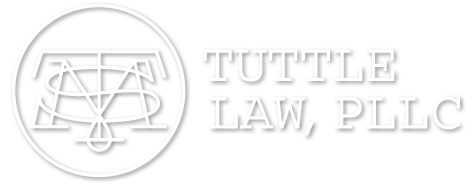Some years ago I served on a church board of trustees. We had many issues to face—a new building campaign, a new minister search, as well as the day-to-day issues involved in maintaining a church community. No matter what issue was before us, one of my fellow trustees always started with, “What is our process to be? It’s the process that counts.” These words were not welcome to those who wanted to leap into the meaty substance of the issue, but they were incredibly wise.
In the governance of both for-profit and nonprofit corporations, directors and officers who adhere to good process will find their business decisions afforded deference by the courts if sued for those decisions. The business judgment rule generally shields directors and officers from liability when their business decisions are made in good faith, with due care and inquiry, without self-dealing or conflict of interest, and with a reasonable belief that they are in the best interests of the corporation. The business judgment rule is powerful. Judges will not second guess directors and officers who meet the requirements of the rule. It protects those who recognize the importance of process to their decision-making and adhere to sound policies and procedures.
So, what is good process? Essentially, it understanding what has to be decided and why, who is to decide, what information is needed to make the decision, how to get that information, how to evaluate that information, and then following through on all of that. If you look closely, process starts to resemble substance. And for that reason, decisions made with good process have good substance and are respected.
The difficulty arises in the desire to shortcut process. Process is not sexy. It is not convenient. It takes attention. Substance is sexy. Substance is the reason for the meetings; it is the reason to serve on the board; it goes to the corporation’s mission. But, decisions made without adequate process are vulnerable to lacking the substance they need to withstand scrutiny. Without understanding all that must underpin a decision, it is altogether possible that the decision lacks adequate underpinning. Substance requires support and that support comes from adequate process.
Process delays nothing. Most organizations have good policies and procedures in place. Review them. Adhere to them. When sound policies and procedures are in place, it does not take even a hiccup to comply with them if they are understood and respected. The problems arise when people want to jump to conclusions for various reasons. Perhaps they are convinced of their own rectitude: “I am right. Who could disagree?” Or, perhaps they are relying on their perceptions of what others are doing: “It must be right. Everyone else is doing it.” No matter how firmly articulated, these reasons are not reasoned. Process lends to reasoning, giving lie or credence to initial thoughts and plans.
Process may not make perfect but it goes a long way to making solid and defensible substance. That process may be all directors and officers need to protect themselves from their own decision-making and the second-guessing of their decisions.
—Melanie S. Tuttle

Leave a Reply